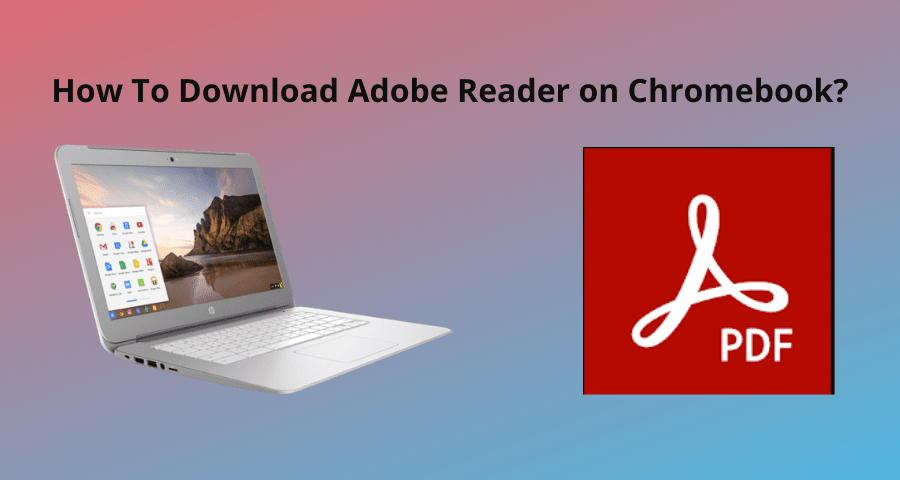In the rapidly evolving world of technology, app management has become an essential aspect of our daily lives. With the increasing number of applications available across various platforms, it can be challenging to keep track of and organize them effectively. This is where Meta App Manager comes into play. In this article, we will provide everything you need to know about Meta App Manager, its features, benefits, and how it can simplify your app management experience.
What is Meta App Manager?
Meta App Manager is a versatile application management tool designed to streamline the process of organizing and managing apps on your devices. It provides a centralized platform that allows users to efficiently categorize, search, update, and delete apps across different operating systems and devices, such as smartphones, tablets, and computers.
Key Features of Meta App Manager
App Organization
Meta App Manager offers a comprehensive solution to help you organize your apps effortlessly. It enables you to create custom categories, tags, and folders to group your apps based on your preferences. This feature eliminates the need for endless scrolling and searching through app lists, making it easier to find and access your desired applications quickly.
Cross-Platform Compatibility
One of the significant advantages of Meta App Manager is its compatibility with multiple operating systems. Whether you are an iOS, Android, or Windows user, you can utilize Meta App Manager to manage your apps seamlessly across all your devices. This ensures consistency and synchronization in your app collection, saving you time and effort.
App Updates and Notifications
Keeping your apps up to date is crucial for security, bug fixes, and access to new features. Meta App Manager notifies you about the latest updates available for your installed apps, allowing you to stay ahead and ensure optimum performance. You can also choose to receive personalized notifications for app-specific news, updates, and promotions.
App Backup and Restore
Losing valuable apps and data can be a nightmare. With Meta App Manager, you can create backups of your app data, including settings, preferences, and login information, to prevent any potential data loss. In case of device failure or when switching to a new device, you can easily restore your apps and data to ensure a seamless transition.
App Recommendations
Meta App Manager employs advanced algorithms and machine learning to analyze your app usage patterns and provide tailored app recommendations. These recommendations help you discover new apps that align with your interests and preferences, expanding your app repertoire and enhancing your digital experience.
Benefits of Meta App Manager
1. Enhanced App Management Efficiency
Meta App Manager simplifies the process of managing apps across multiple devices. With its intuitive interface and robust organizational tools, you can declutter your app collection and optimize your device’s storage space.
2. Time-Saving and Convenient
Searching for apps can be time-consuming, especially when you have numerous applications installed. Meta App Manager’s search and filtering capabilities enable you to find apps quickly, saving you valuable time and effort.
3. Improved App Security
By providing timely app updates and security notifications, Meta App Manager ensures that your apps are protected against vulnerabilities and potential threats. This contributes to maintaining the overall security and privacy of your devices.
4. Seamless App Transition
When upgrading to a new device or switching between platforms, Meta App Manager simplifies the transition process. You can effortlessly transfer your app collection, preferences, and settings to the new device, ensuring a seamless continuation of your digital ecosystem.
Common Issues Related to Meta App Manager
While Meta App Manager offers a range of features and benefits, like any software, it may encounter certain issues. Here are some common problems that users may face with Meta App Manager:
Compatibility Issues
Depending on the operating system and device version, some users may experience compatibility issues with Meta App Manager. Certain features or functionalities may not work as expected on specific platforms, resulting in a less seamless user experience.
App Recognition Errors
Meta App Manager relies on accurate app recognition to categorize and organize applications effectively. However, it may encounter challenges in correctly identifying certain apps, especially if they have unconventional names or versions. This can lead to mislabeling or difficulty in managing specific applications.
Performance and Speed
Users may occasionally experience performance issues or slower response times when using Meta App Manager, particularly when handling a large number of apps or extensive app data. This can impact the overall efficiency and speed of app management tasks.
Syncing and Synchronization Issues
Meta App Manager’s cross-platform compatibility relies on effective syncing and synchronization between devices. However, users may encounter issues where app data, preferences, or organizational structures fail to sync accurately across different devices or operating systems, leading to inconsistencies in app management.
App Update Problems
While Meta App Manager provides notifications for app updates, users may face challenges when updating certain applications through the manager. This can be due to compatibility issues, conflicts with the device’s operating system, or other factors. As a result, users may need to resort to alternative methods to update specific apps.
Limited App Support
Although Meta App Manager supports a wide range of applications, there may be instances where certain apps or developers are not fully integrated into the manager’s ecosystem. This can limit the functionality and features available for those particular apps, requiring users to manage them outside of Meta App Manager.
User Interface Complexity
While Meta App Manager aims to simplify app management, some users may find the user interface and navigation slightly complex or overwhelming, especially if they are new to the application or have limited technical expertise. Adequate user guidance and intuitive design enhancements can help alleviate this issue.
Steps to Delete the Meta App Manager from Android
You can do this process very easily by following some steps, we have discussed in one of our articles. You can get complete information about it by clicking on the link given below. and can easily accomplish:- Delete the Meta App Manager from the Android
Conclusion
Meta App Manager offers a comprehensive suite of features and benefits to streamline app management across multiple platforms. With its robust organization tools, cross-platform compatibility, security features, and personalized recommendations, Meta App Manager revolutionizes the way you interact with your apps. By leveraging its capabilities, you can optimize your app usage, enhance data security, and simplify the transition between devices. Make Meta App Manager your go-to tool for efficient and hassle-free app management.
You may also like:
How to Stop Blocked Numbers Leaving Voicemail on Android?
How to Take a Screenshot on Android Phone?
8 Best Free Texting Apps For Android
FAQs
Q:- How do I organize my apps using Meta App Manager?
Ans:- With Meta App Manager, you can create custom categories, tags, and folders to efficiently organize your apps based on your preferences.
Q:- Is Meta App Manager compatible with iOS and Android?
Ans:- Yes, Meta App Manager is designed to be cross-platform compatible, allowing users to manage their apps seamlessly on both iOS and Android devices.
Q:- Can Meta App Manager back up my app data?
Ans:- Yes, Meta App Manager offers a backup and restore feature that allows users to create backups of their app data, including settings and preferences, for easy restoration if needed.
Q:- Does Meta App Manager provide app recommendations?
Ans:- Yes, Meta App Manager uses advanced algorithms to analyze user app usage patterns and provide personalized app recommendations based on their interests and preferences.







